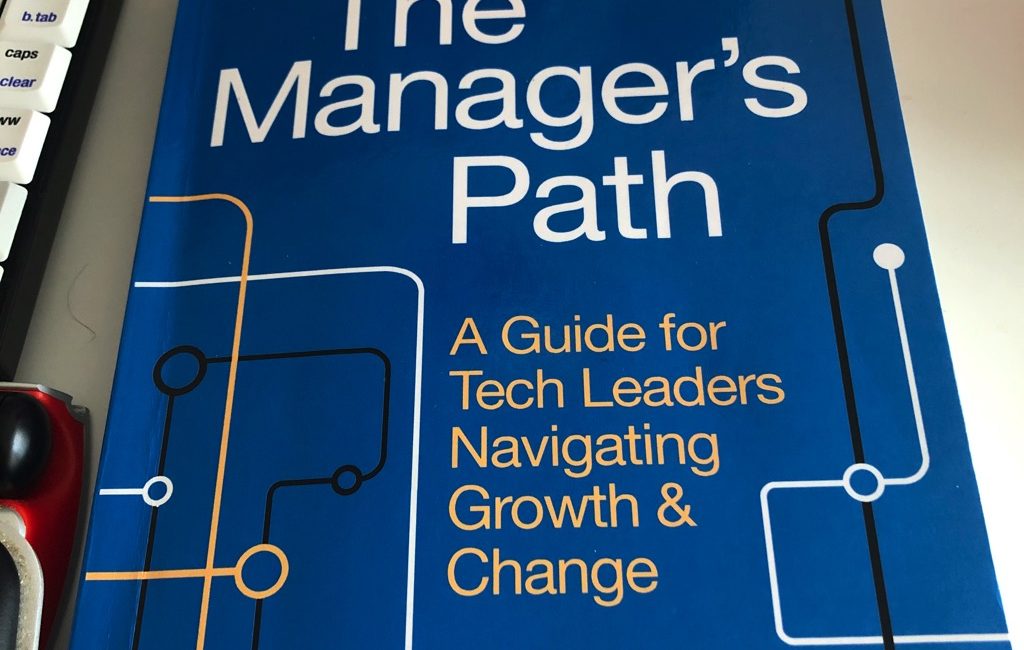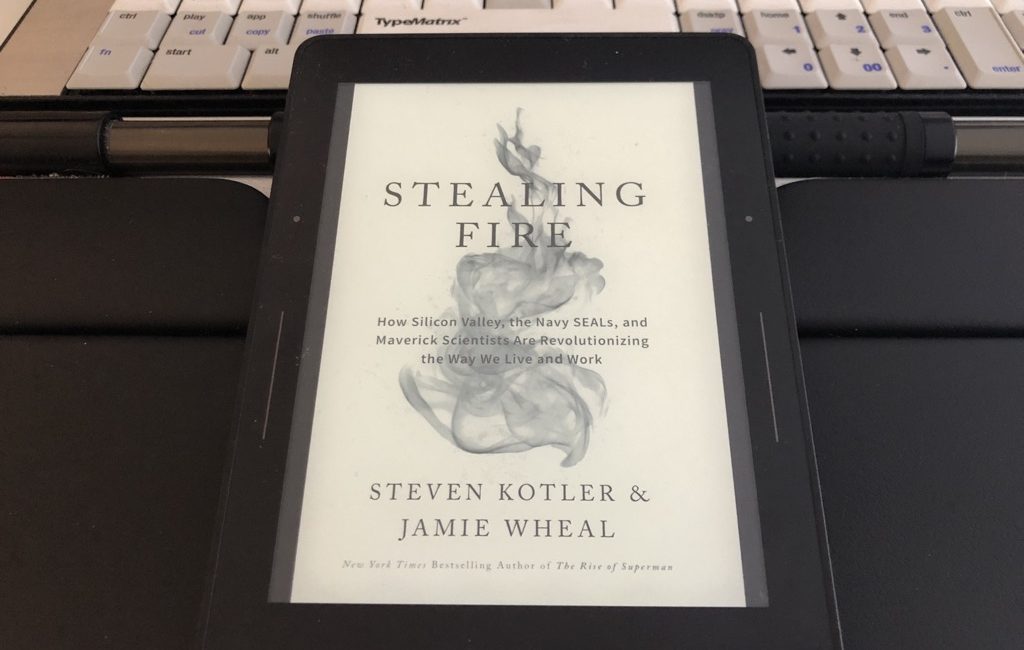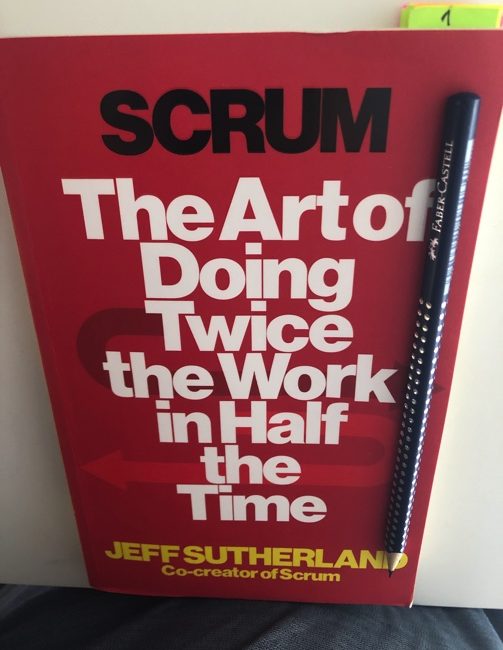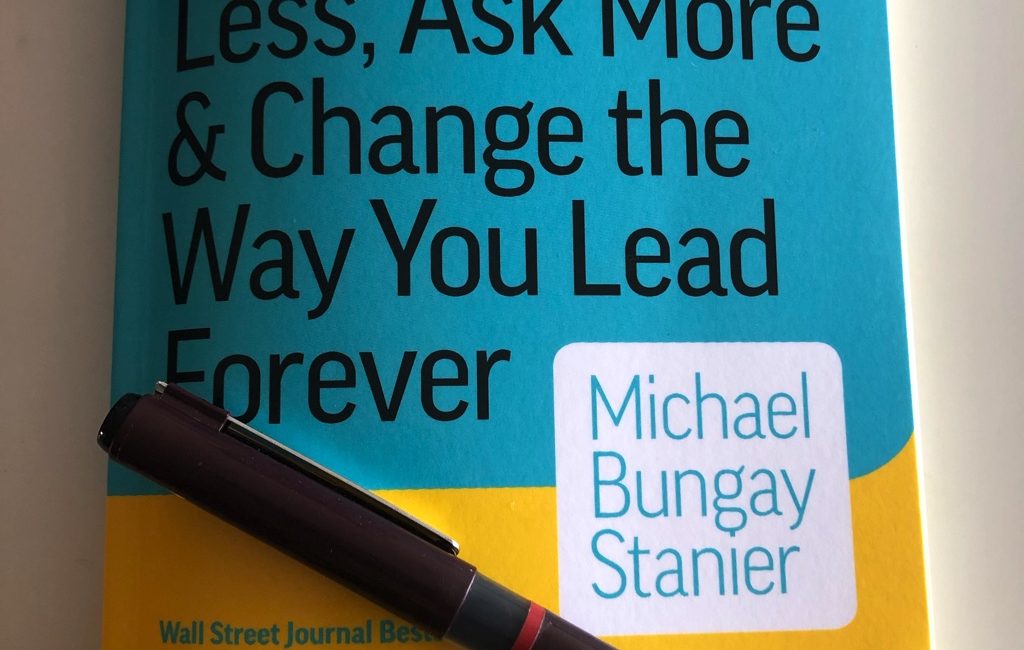I loved the book 59 seconds by Richard Wiseman that I first came across in Tools of Titans.
Here are the top 10 most interesting studies the autor outlines as scientifically proven:
Cultivating Gratitude
Developing a gratitude attitude can significantly elevate happiness levels. By listing three aspects of life they are grateful for or three positive events from the past week, individuals experience a notable increase in happiness that can last about a month. This boost in mood not only fosters optimism about the future but can also enhance physical health.
The Power of Kindness
Engaging in even minor acts of kindness can lead to a substantial and rapid increase in happiness. Whether it’s donating a few dollars to those in need, surprising a loved one with a gift, donating blood, or helping a friend, these actions profoundly elevate one’s sense of joy.
Mirrors and Healthy Eating
The placement of a mirror in the kitchen can lead to healthier eating choices. When people see their reflection while choosing foods, there’s a 32% decrease in the consumption of unhealthy options. This self-awareness encourages better eating habits beneficial for their health.
Plants in the Workplace
Introducing plants into an office setting can have a positive impact on creativity and problem-solving. In men, it leads to a 15% increase in creative ideas, while women tend to generate more original solutions to problems. The presence of plants reduces stress and enhances mood, fostering a more creative environment.
The Influence of Light Touch
A light touch on the upper arm can significantly increase the likelihood of someone agreeing to a request. This subtle contact is subconsciously perceived as a sign of high status. For instance, in social settings, such as nightclubs, a light touch increased acceptance for a dance by 20% and a 10% increase in sharing telephone numbers with a stranger.
Writing About Relationships
Couples who dedicate time each week to write down their deepest thoughts and feelings about their relationship can improve their chances of staying together by over 20%. This form of expressive writing leads to the use of more positive language in communication, fostering healthier and happier relationships.
Detecting Lies through Written Communication
When dealing with potential liars, asking for written responses can be more revealing than verbal ones. Liars often use fewer details, more hesitations like "um" and "ah," and avoid self-references. People are also 20% less likely to lie in emails than in phone calls, as written words are permanent and can have lasting consequences.
Praising Children’s Effort
Focusing praise on a child’s effort rather than their inherent ability encourages a growth mindset. By applauding their hard work, children are more likely to embrace challenges, enjoy problem-solving, and independently seek solutions, effectively overcoming the fear of failure.
Visualizing Practical Steps
People who envision the practical steps required to achieve their goals are more likely to succeed than those who merely fantasize about success. Adopting a third-person perspective in these visualizations further increases the likelihood of success by about 20%.
Reflecting on One’s Legacy
Encouraging individuals to imagine a close friend speaking at their funeral about their personal and professional legacy helps in identifying long-term goals. This exercise provides clarity on their progress towards achieving these goals, offering a powerful motivation for personal and professional growth.













